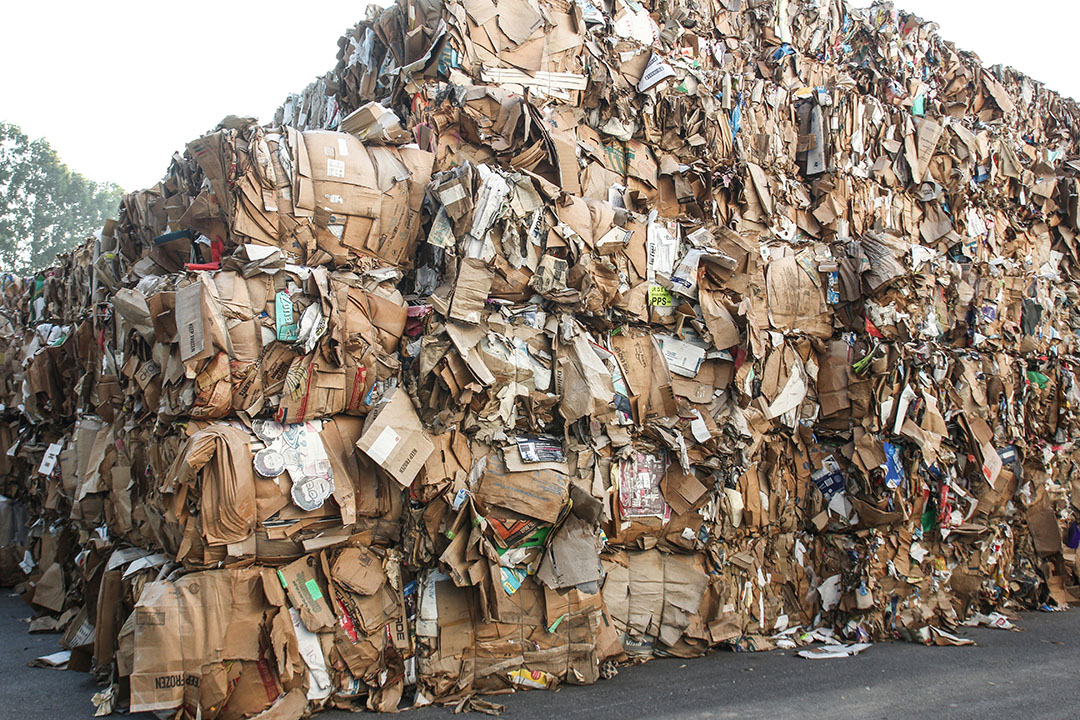
Experts from Italy and Canada offered advice on effective EPR, drawing from their experience with PROs in those countries. | Ole Photo/Shutterstock
When building a producer responsibility organization, fees should be transparent, the industry should be in control and the system needs to be fair. That’s what participants in a recent webinar said, noting there are different ways to achieve those ends.
The third session of packaging advocacy organization AMERIPEN’s extended producer responsibility (EPR) webinar series, “Understanding Producer Responsibility Organizations and Management Structures” featured a panel of industry experts and was moderated by Alison Keane, president and CEO of the Flexible Packaging Association.
Circular Materials, represented on the panel by Allen Langdon, provides back-end work, admin, consultation and data analytics for EPR systems in Canada. Langdon said a challenging aspect is that in Canada, each province has jurisdiction over its EPR program, unlike the national European model, which makes harmonization tricky.
Langdon said in his experience, the methodology for allocating costs to producers needs to be fair and take into account the differences between materials. Allowing producers to get right of first refusal for the same amount of material they feed into the system is also important, he noted.
“You want a system designed for fairness so no producer is subsidizing another,” he said.
How Italy structures EPR
Mariagiovanna Vetere, global affairs director for NatureWorks, said Italy decided to place the EPR fee on converters instead of brands so as to reduce the number of subjects that have to pay and streamline the process. It’s also easier to track the packaging moving in and out of the country, she said, if it’s done on a national basis rather than by individual states or provinces.
“Italy has many small producers and brands and companies. It’s really diversified and there were too many,” she said, adding that “in the end it was a good idea because converters are the ones designing packages.”
NatureWorks is an Italy-based biopolymer producer that also has production plants in North America.
Langdon noted that producer responsibility organizations (PROs) and EPR programs should endeavor to not unduly burden small businesses. He said in Canada, there was a desire to have small businesses participate, but in many cases they are making “very minimal payments to the program itself.”
He added that what legislators sometimes miss is the importance of conversations and collaboration between producers and other partners, such as convertors and packaging suppliers, as EPR systems come together and open up new opportunities.
“There’s this whole rich discussion that can happen within the framework of EPR and it doesn’t have to be legislated,” he said.
Lessons from Canada
Paul Grenier, manager of government affairs for Clorox Canada, said his company is a founding member of Circular Programs. While many people understand EPR in the abstract, he said, “the full scale of what’s before us – until you actually take a look at it – is sometimes not really understood or addressed.”
For example, just in Ontario, there are around 500 different contracts between various municipalities and waste haulers that need to be readdressed by the end of 2026, he said.
He said governance, the capacity to provide services, clear environmental goals and fee transparency are vital pieces, as is making sure the PRO is a nonprofit cooperative.
PROs should report market data in clearly defined categories by commodity, have the customer service capacity to serve producers in compliance with state regulations and help producers meet industry division targets, he added.
“Producer groups should be by producers for producers,” Grenier said. “They need to be producer-led to make sure your best interests are being looked after.”
Vetere added that in Italy, fees are updated yearly and in line with changing costs of the system. The main costs are collection costs, she said.
“EPR is an expensive system, but it is delivering,” she said.
More stories about EPR/stewardship
- WM outlines investments in recycling infrastructure
- ‘Operational readiness is high’ as Oregon rolls out EPR
- State law, local ordinance and the question of alignment